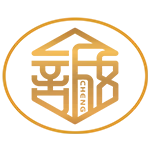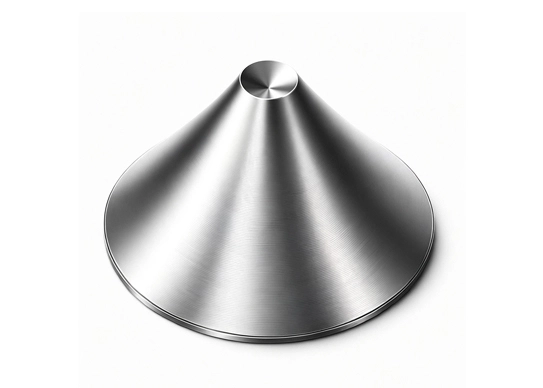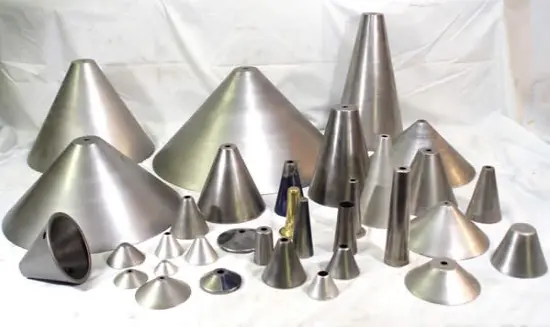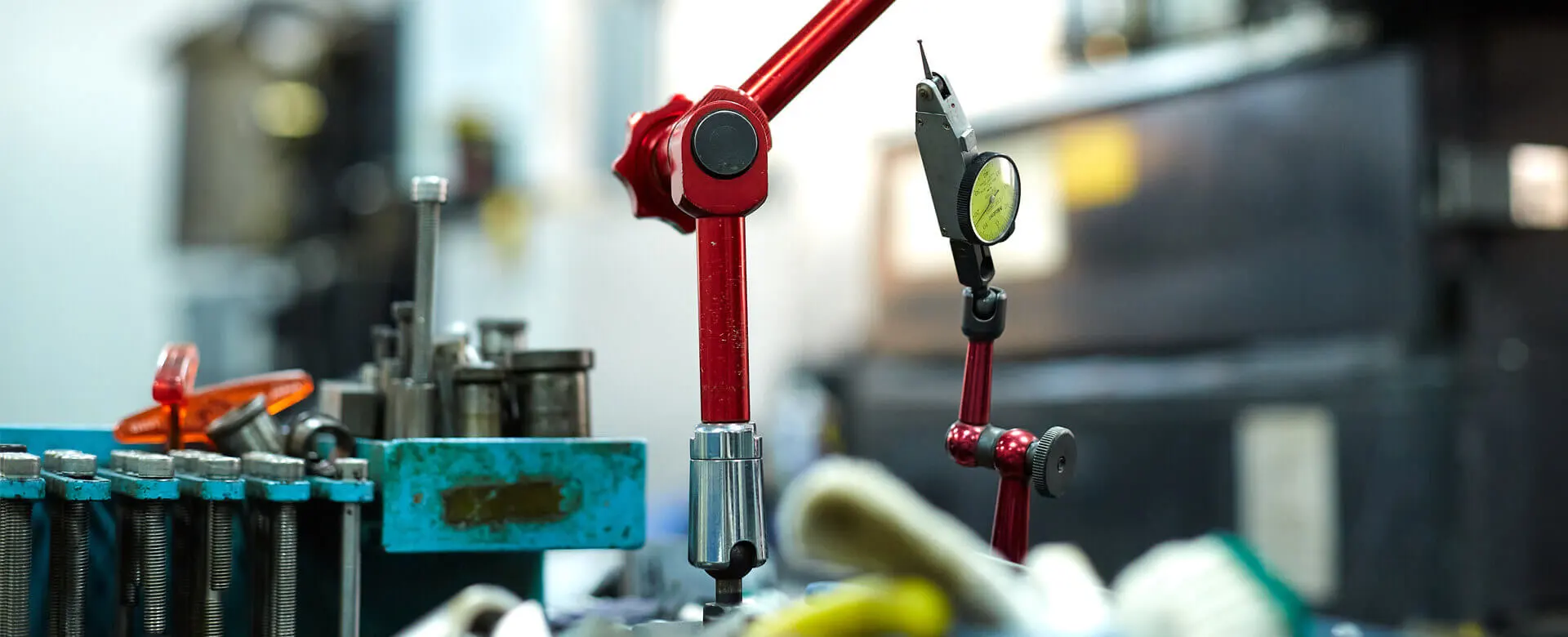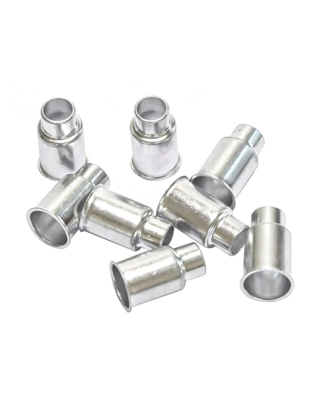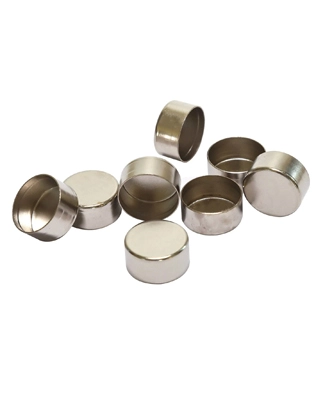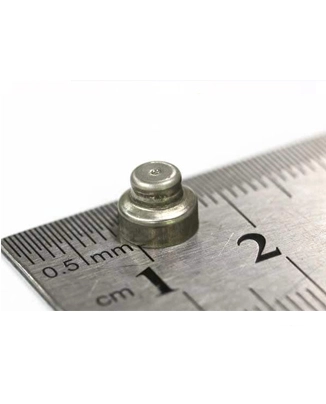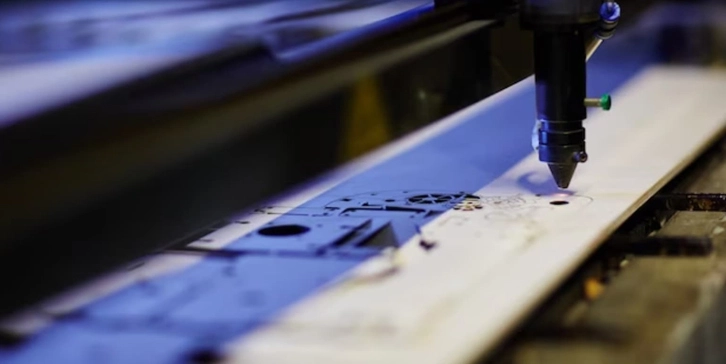What is a tapered deep drawing process
Taper deep drawing process also known as the conical deep drawing process is a sheet metal fabrication process where thin sheets of metal are deep drawing into cylindrical shapes of varying diameters.
In the taper deep drawing process the end product has larger diameter at top end and smaller diameter at bottom end. The die of the taper deep drawing process is also made in a very similar manner. The plunger used in the taper deep drawing process to force the metal sheet into the die, also has the same tapered body.
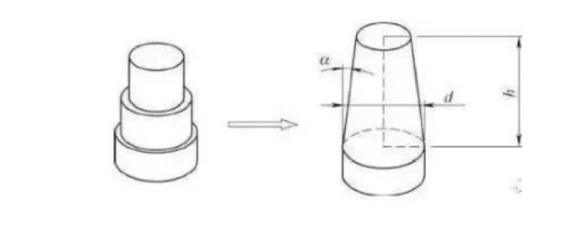
The tapered deep drawing process has several advantages over other manufacturing processes. Those advantages include
Material Efficiency
Deep drawing minimizes material waste as compared to other subtractive machining processes. It uses a single sheet of metal to create complex shapes with minimal scrap. This makes the taper deep drawing process much more environment friendly as compared to others.
Cost Effective
Taper deep drawing process is generally very cost effective for large scale production. After all the required tooling like die and plunder design is set up. Deep drawing can be a relatively quick and efficient method for producing large quantities of parts as compared to other die molding processes.
High Production Speed
Taper deep drawing process is a high speed production process as compared to any other manufacturing process. This high speed production is especially when the process is partially or fully automated. This makes deep drawing very suitable for mass production in various industries.
Complex Shapes
Deep drawing can create much more complex shapes with excellent precision as compared to other manufacturing processes. Taper deep drawing process is well suited for fabricating parts with complex geometries such as cylindrical structures.
Consistency and Precision
The deep drawing process is known for its high dimensional accuracy and repeatability. Taper deep draw process ensures that each drawn part meets the required client specifications consistently.
Reduced Post Processing
In some cases the deep drawing often requires less post processing compared to some alternative methods. This results in lower deep drawing overall production costs of products and also reduces production time.
Improved Material Strength
The deep drawing process can enhance the structural integrity and strength of the material. Cold working the metal during the deep drawing process can result in increased hardness and tensile strength.
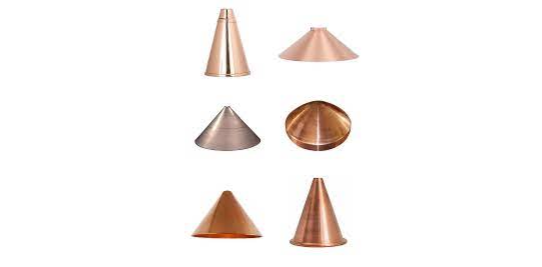
Reduced Tooling Costs
In taper deep drawing the initial tooling costs are always significantly higher as compared to other processes especially for complex parts. The cost per unit decreases with higher production volumes, high production speed and excellent material utilization. This makes deep drawing a cost-effective option for large batches.
Suitability for Various Materials
Deep drawing can be applied to a wide range of materials, including aluminum, stainless steel, copper, and various alloys, providing flexibility in material selection based on the specific application requirements.
Automated Production
Deep drawing processes can be easily automated. This can lead to increased production efficiency, reduced labor costs and enhanced consistency in part quality as compared to other manufacturing processes.

